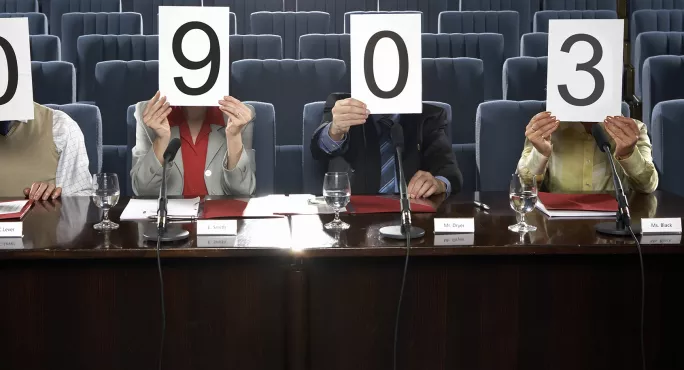The Department for Education has defended the use of exam results to judge schools in an apparent rebuke to Ofsted’s plans for a radical reform of the inspection process.
Ofsted’s proposals to downgrade the use of exam results as a measure of school quality, were leaked to the Sunday Times.
The newspaper reported that Ofsted’s “outcomes” – based on exam and test results – will be replaced with a measure called “quality of education”, in a new inspection framework due to go out to consultation in the next few months.
It said the change was being made because children needed to a get “a rich education”. But now, the DfE has apparently questioned that justification for change by pointing out that Ofsted’s existing inspection framework already requires schools to offer a “broad, balanced and rounded education”.
The Department has also stated that exam results will continue to be used to judge schools. The comments suggest a difference in approach between Ofsted and the DfE over how to hold schools to account.
They come in contrast to the remarks from a source close to Ofsted’s reforms, quoted in yesterday’s report.
“The culture of cramming children has to stop,” the source said. “Children getting a rich education is better than false assurances that standards are always rising in exam league tables.
“Schools where teachers just think about how you get exam results and not what is best for the children to learn will be marked down. The chief inspector wants to shift a culture that is betraying a generation.”
In response, a DfE spokesperson said: "We do not comment on speculation. Exams and assessments have always been one of several measures to judge a school's performance and this will continue.
"All children should have a broad, balanced and rounded education. We have always made this clear and the Ofsted inspection framework already requires schools to demonstrate this.
"Our exams are on par with the world's best education systems and will ensure young people have the knowledge and skills businesses tell us they need from their future employees.”
The reported move from Ofsted comes after Amanda Spielman, chief inspector, chose to commission research into how schools implement the curriculum as her first priority after taking the job in 2017.
The findings, published in October 2017, reported that preparing for tests was cutting into children’s learning time. And Ms Spielman commented that where schools reduced key stage 3 to two years, it meant that a “considerable number of pupils will experience only two years of study before dropping, for example, history or geography or a language, possibly never to study those subjects again.”
Ofsted said that it would not comment on leaked reports.




